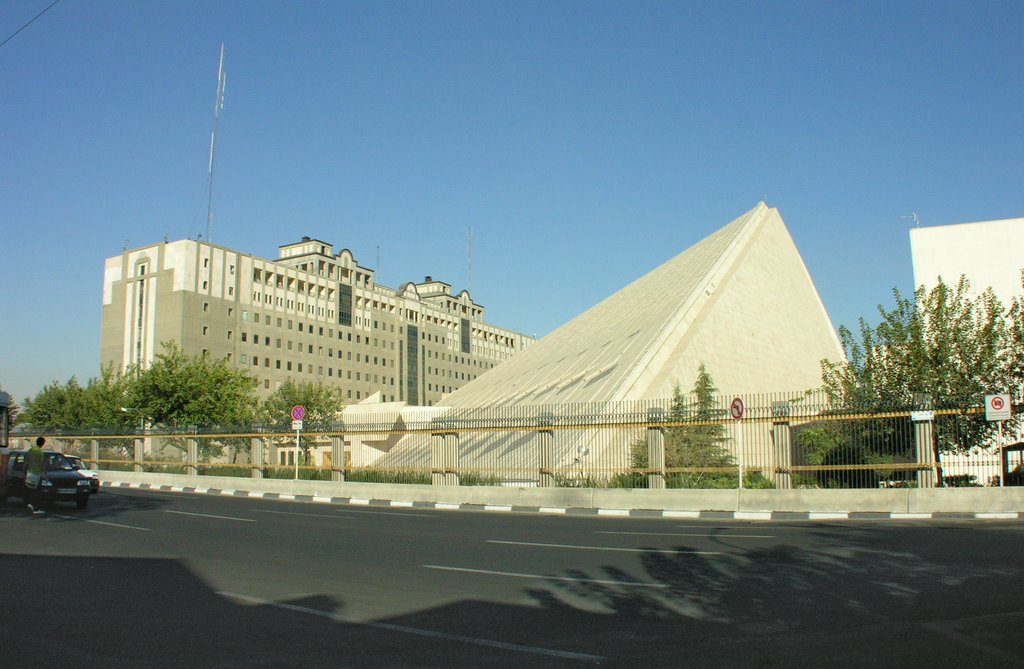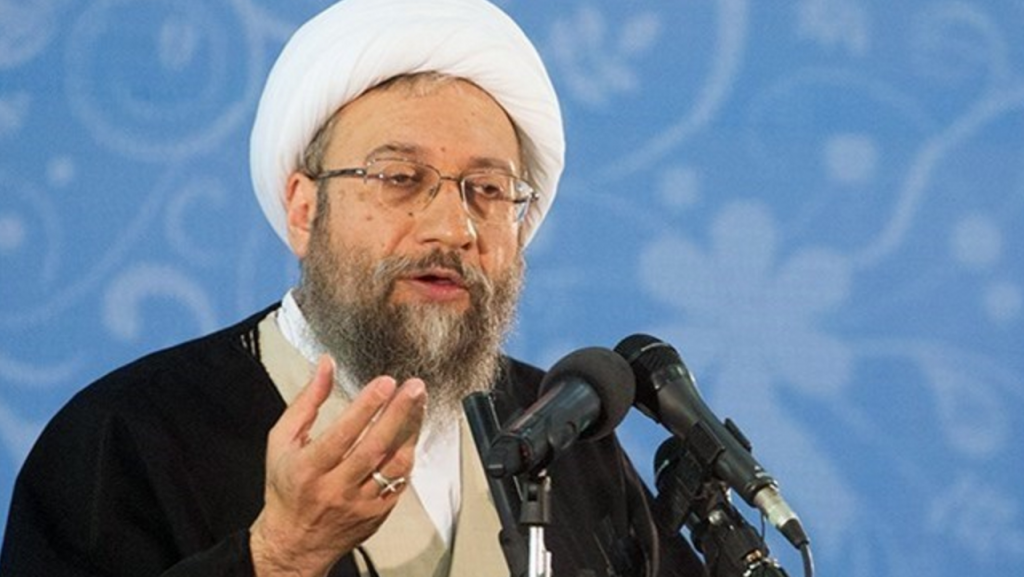October 14, 2016

More than half the deputies in the Majlis have joined in co-sponsoring a bill that would vastly reduce the number of people executed for drug offenses.
About 70 percent of all those executed in Iran are hanged for drug convictions, sometimes for possession of small amounts. Possession of 30 grams (11 ounces) of heroin is enough to bring about execution.
The bill to reduce the volume of executions is the first major change proposed by the new majority that was elected to the Majlis last spring.
But their initiative is being openly opposed by Sadeq Larijani, the chairman of the Judiciary, who says drug crimes will soar if Iran restricts the use of the hangman.
Deputy Jalil Rahimi-Jahanabadi, a member of the Majlis Legal and Judicial Committee, told the Iranian Students News Agency (ISNA) last Tuesday that more than 150 of the 290 members of the Majlis had signed onto the bill.
“The large majority of those who have been executed or are on death row are petty dealers who are first-time offenders and their deaths harms families,” Jahanabadi said.
“In essence, we are proposing to add an amendment to the current law for fighting drugs to say the death penalty would apply only if certain conditions were met, such as carrying and using a gun, or being an international drug kingpin, or having a commuted death sentence and repeating the crime,” he said.

“There are a lot of people waiting to be hanged right now and the question is whether all these executions carried out so far have stopped the spread of drugs or not? If there haven’t been any benefits, we need to think of alternative punishments,” he argued.
A week earlier, Judiciary Chairman Larijani rejected such talk and called for the swift execution of those who have been convicted of drug crimes.
“Naturally, executions are not an ideal solution, but we need to act quickly and firmly against the harm done to society and the destruction of families [caused by drugs],” Larijani said September 29. “I ask prosecutors across the country to carry out executions as soon as the sentences are approved.
“We don’t think that the laws on drug trafficking are revelations from God. They are man-made laws that have not had perfect results. But it’s wrong to say that executions have had no effect,” Larijani said. “If the Judiciary had not been strict, we would have been in a far worse situation.”
According to one count, Iran executed 1,052 people in 2015—the highest per capita execution rate in the world. The vast majority of these executions are for drug-related crimes—more than 70 percent, Mohammad-Javad Larijani, the head of the Judiciary’s Human Rights Council, said in 2013.
“My personal opinion is that there should be some practical changes to the laws related to the fight against drugs,” added Mohammad-Javad Larijani, who is the brother of Judiciary Chairman Sadeq Larijani and Majlis Speaker Ali Larijani.
Conservatives in the Majlis object to the bill. Hamid-Reza Taraghi, an analyst close to the hardliners, said, “The only wish of the deputies pushing this bill is to please the West.”
Under international law, the use of the death penalty is restricted to only the “most serious” crimes, and the UN special rapporteur on extrajudicial, summary or arbitrary executions has explicitly stated that drug-related crimes do not meet this criterion.
Several months ago, the vice president for women and family affairs, Shahindokht Molaverdi, was criticized by the Judiciary when she said in an interview that all the men in one village had been hanged for drug trafficking.
“We have a village in Sistan va Baluchestan province where all the men have been executed,” she told the Mehr news agency in February. “Their survivors are potential drug traffickers as they would want to seek revenge and provide money for their families. There is no support for these people.”
The Judiciary claimed Molaverdi was wrong. The story then disappeared from the media, but Molaverdi was never disciplined.
Last March, the UN Special Rapporteur for human rights in Iran, Ahmed Shaheed, criticized the high number of executions in Iran for non-violent drug-related offenses. He said changes in Iran’s drug laws in 2010 increased to 17 the number of drug offenses punishable by hanging.
